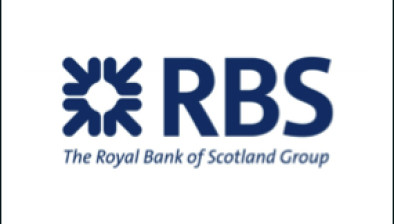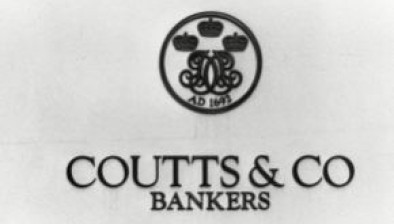RBS: Scottish private sector sees further growth in July
The Scottish private sector continued on its recovery path into the third quarter, according to the latest Royal Bank of Scotland PMI.

Malcolm Buchanan, chair, Scotland Board, RBS
The seasonally adjusted headline Royal Bank of Scotland Business Activity Index - a measure of combined manufacturing and service sector output - posted 57.5 in July to signal a fifth straight monthly increase in private sector output and one that was sharp overall.
The latest reading was down from 58.4 in May, however, as some momentum was lost due to a noticeable slowdown in manufacturing output growth. Demand continued to strengthen, however with new work rising at a near record pace, albeit one that eased slightly on the month.
Meanwhile, inflationary pressures intensified further, as costs rose at the sharpest rate since early-2011, reflecting supply constraints, rising utilities, staff and fuel bills, as well as greater Brexit-related costs. As a result, companies increased their average charges to the greatest degree in the series history.
Inflows of new work continued to rise in July, extending the current sequence of expansion to four months. The easing of lockdown measures, resumption of international travel, and stronger client confidence had boosted demand, according to survey respondents. The rate of growth in new work eased further from May’s peak record, but was nonetheless among the quickest in the survey’s history.
A stronger upturn in services was weighed on by a further easing of manufacturing order book growth.
Business confidence at Scottish private sector firms remained elevated in July. Sentiment improved on the month and was the seventh-strongest on record, albeit still weaker than in the February-May period of this year. Optimism stemmed from firmer demand conditions, the easing of COVID-19 restrictions and hopes of a sustained economic recovery, according to anecdotal evidence.
In line with greater activity requirements, firms continued to bulk out their workforces in July. Private sector employment rose for the fourth month in a row, with panellists noting that additional staff were being hired to cope with rising workloads. The rate of job creation eased further but, excluding May and June, was still the fastest since February 2014 and sharp overall.
Service providers also recorded a stronger rate of job creation than manufacturers in July.
Capacity pressures at Scottish firms continued to build in July. The level of outstanding business increased for the fourth time in as many months, with the rate of backlog accumulation the second fastest on record (behind May). Firms were struggling to keep up with strong sales, according to respondents.
The increase in backlogs was broad based in July, although services firms registered more pronounced capacity pressures than their manufacturing counterparts.
July data highlighted a further surge in costs facing Scottish private sector firms, extending the current sequence of increase to over a year. Anecdotal evidence attributed the latest rise to greater utilities, fuel, staff and material costs, as well as shortages of inputs, COVID-19 and Brexit. The rate of input price inflation was the quickest since January 2011. Manufacturers again saw a far steeper rise in costs than their service sector counterparts.
That said, Scotland recorded the second-weakest rate of cost inflation across the 12 monitored UK areas in July, ahead of only London.
Scottish firms continued to pass greater input costs through to clients where possible in July. Average charges levied rose for the ninth month running and at the steepest pace on record, with the rate of inflation in Scotland also slightly outpacing that at the UK level.
Malcolm Buchanan, chair, Scotland Board, RBS, commented: “The Scottish private sector recorded another strong performance in July. Business activity rose again, with the rate of increase close to the survey record, despite easing amid slower manufacturing growth. Inflows of new work too remain strong as looser COVID-19 restrictions continue to bolster demand.
“The continued recovery again bought with it intense inflationary pressures, however. Costs rose at the fastest pace for over a decade, with companies increasing their charges to a record degree as a result. Inflationary pressures will remain a key concern as the recovery progresses, but firms remain confident of a sustained rebound over the next year.”










